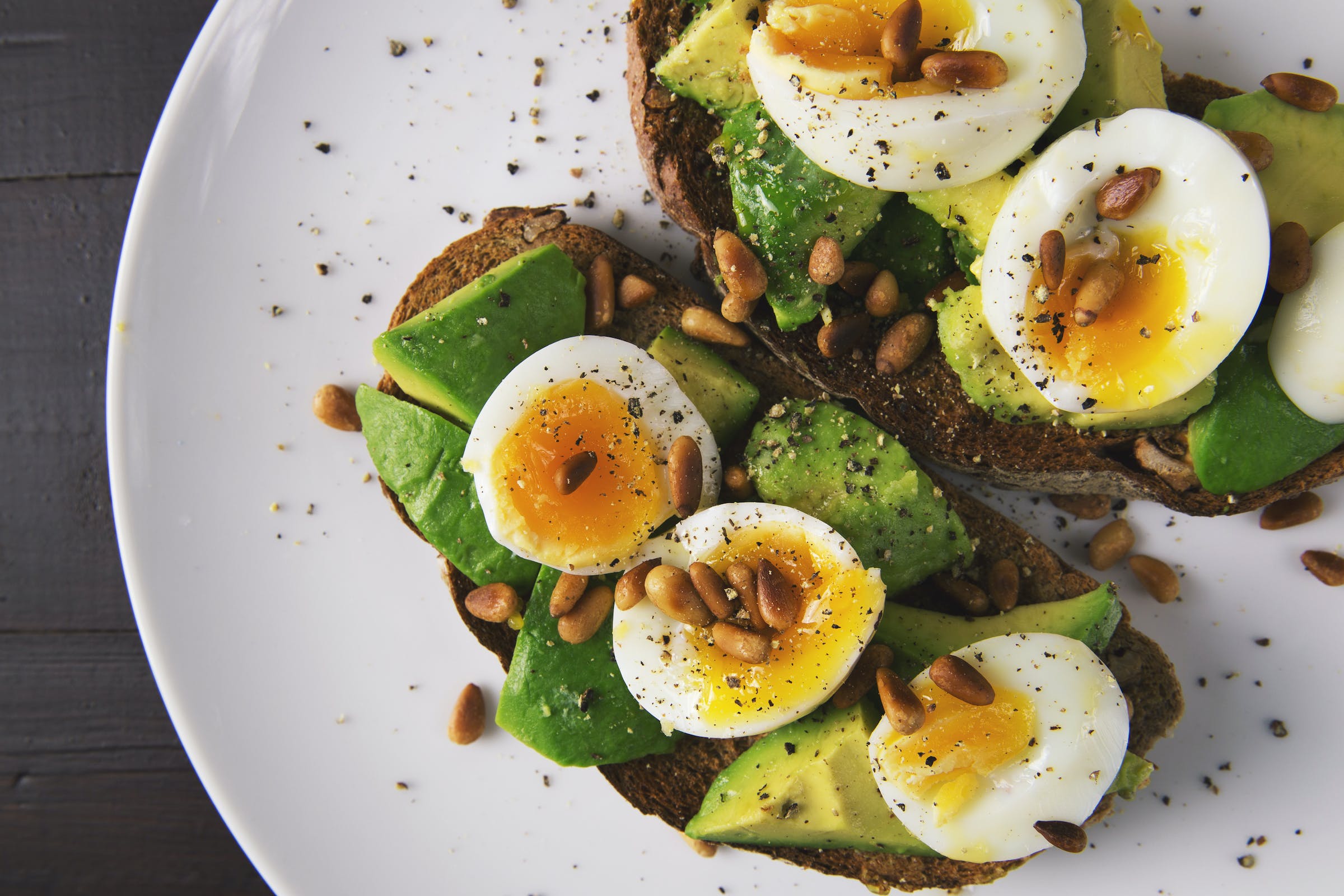We all know the old saying, “Breakfast is the most important meal of the day!” In my nutrition practice, I find close to 50% of patients are non-breakfast eaters. Some are adamant about their refusal to eat a healthy breakfast and need a bit more convincing, while others are ready to experience all the benefits. But, what is it that makes breaking the overnight fast so important to health and well-being?
The benefits
Numerous research studies over the past two decades have demonstrated that breakfast eating is a key behavior in losing weight and keeping it off. Often those who are in the pursuit of weight loss are able to lose the weight, but many experience weight regain in two to three years.
A 2002 cross-sectional observational study in the Obesity Research Journal looked at almost 3,000 participants from the National Weight Control Registry who had lost weight and kept it off for at least one year. Researchers assessed dietary intake through food frequency questionnaires and found that 78 percent of subjects reported eating breakfast seven days per week and 90% reported eating breakfast four or more days per week. Breakfast eaters in the study also reported they participated in more physical activity than non-breakfast eaters.
Why do people skip breakfast?
Many dieters claim they skip breakfast to help control their total calorie intake. However, this actually leads to increased cravings and poor food choices later in the day. Eating a higher protein breakfast (about 20–30 grams) can help to combat overeating at subsequent meals.
A 2013 study in The American Journal of Clinical Nutrition examined the hormonal and neural signals that control food intake in overweight/obese, breakfast-skipping adolescent girls. In this randomized crossover study, researchers found that a high protein breakfast increased fullness throughout the morning and led to less pre-lunch activation of the food reward and motivation system. This led to study participants consuming fewer total calories when offered lunch. Protein at breakfast helps to reduce the secretion of ghrelin, a hunger hormone that stimulates appetite, while increasing the secretion of the satiety hormones peptide YY, cholecystokinin and glucagonlike peptide 1. This hormonal response is what helps to keep cravings at bay.
One final benefit is that breakfast eaters tend to have diets that are higher in micronutrients (vitamins and minerals) than those who skip. This makes good sense as three meals per day offers more opportunity for nutrition than just two. The micronutrients obtained from breakfast help to satisfy nutrient requirements that support a balanced diet, which keeps us performing our best, both mentally and physically.
What constitutes a healthy breakfast?
When brainstorming ideas to create a wholesome, filling breakfast it is essential to build a meal containing all three macronutrients: protein, carbohydrates and fat. This combination helps to balance our blood sugar, leading to a steady release of energy all morning long!
Carbohydrates alone (think a typical bowl of cereal) tend to give us a burst of energy, shooting up our blood sugar, and quickly leaving us with a subsequent sugar crash. This is because carbohydrates alone are metabolized much quicker than protein and fat. When eaten in combination, the protein offers the fullness factor, while healthy fat keeps us satisfied. This combination helps to slow the release of sugar into the blood stream leading to sustained energy. So, when building a morning meal make sure you include carbohydrates (whole fruit, whole grains, dairy), protein (eggs, cheese, meat, dairy) and healthy fats (nuts, seeds, coconut, avocado, olive oil). I always say eating veggies at breakfast is a bonus! Sneaking leftover veggies into scrambled eggs is one of my favorite ways to eat a healthy breakfast.
Healthy breakfast ideas (made in 15 minutes or less!)
Eggs
Mushroom, onion, spinach and cheese two-egg omelet with side of mixed fruit & whole grain buttered toast. (21 g protein)
Oatmeal
One half cup old fashioned oatmeal cooked with 1 cup dairy or soy milk with half a sliced banana, a sprinkle of cinnamon and a tablespoon of chopped nuts with one or two hardboiled eggs on the side. (22-28 g)
Breakfast sandwich
Sprouted whole grain English muffin breakfast sandwich with a fried egg, 1 ounce Canadian bacon, ¼ avocado, spinach and a fresh orange. (20 g)
Yogurt parfait
One cup plain or vanilla greek yogurt, topped with ¼ cup walnuts, half a sliced banana and 2/3 cup blueberries. (28 g)
Protein Content of Common Breakfast Foods Food Grams of protein per serving 1 large egg 6 g 1 slice cheddar cheese 5 g 1 ounce Canadian bacon 6 g ¼ cup walnuts 5 g ¼ cup almonds 8 g 3 tablespoons hemp seeds 10 g ½ cup black beans 7 g 1 cup Greek yogurt 23 g 1 cup milk 8 g 1 cup soy milk 8 g 1 cup cottage cheese 28 g 2 tablespoons peanut butter 7 g 1 slice whole wheat toast 4 g ½ cup old fashioned oats (uncooked) 6 g
Related articles:
Fitness And Nutrition: The Magic Formula
Looking Good And Feeling Better: Wear What Makes You Happy
5 Items To Brighten Up Nighttime Workouts
Dessert Trends Prove You Can Have Your Cake And Be Healthy, Too!

